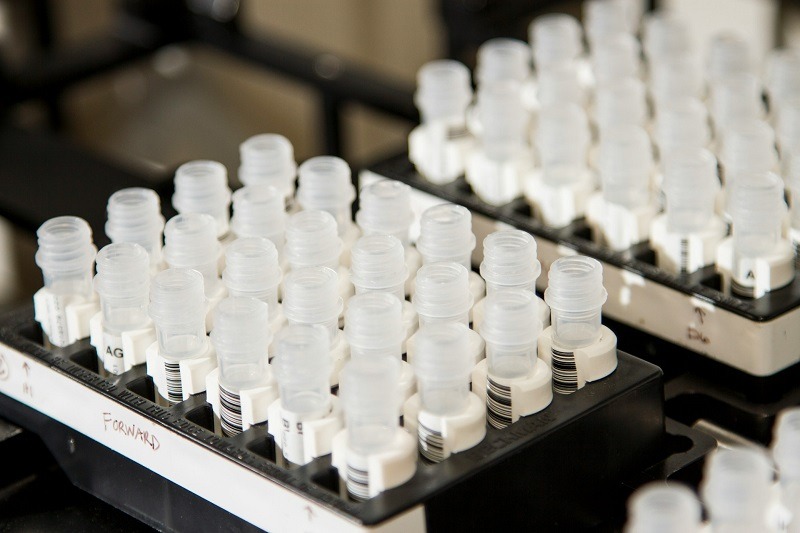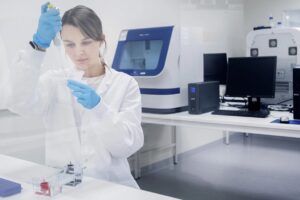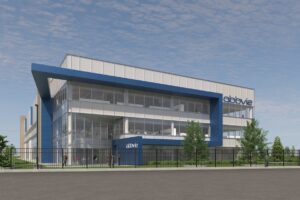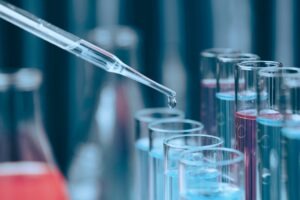Biotechnology company Nona Biosciences has entered into a licensing agreement with the University of Alabama at Birmingham (UAB) to advance its B cell development research.

The collaboration will help researchers of the university to make significant progress in their work on B cell development. Credit: National Cancer Institute on Unsplash.
Subscribe to our email newsletter
As part of the agreement terms, UAB has received a non-exclusive licence to leverage the H2L2 Harbour Mice platform of Nona Biosciences for the creation of fully human antibodies.
This collaboration will help researchers of the university to make significant progress in their work on B cell development.
Nona Biosciences chairman Dr Jingsong Wang said: “Many transformative therapies originate from academic laboratories. We are excited to support UAB’s research efforts.
“This highlights our commitment to leveraging our antibody discovery technologies to bridge the gap between scientific discovery and real-world therapeutic applications, addressing unmet medical needs and benefiting patients worldwide.”
Nona Biosciences is focused on offering comprehensive solutions from “Idea to IND”, covering target validation and antibody discovery to preclinical research.
The company provides antibody-related discovery services across various modalities, including animal immunisation, antigen preparation, single B cell screening, antibody lead generation and engineering, as well as developability assessment and pharmacological evaluation.
These services utilise Harbour Mice platforms and the expertise of its therapeutic antibody discovery team.
Nona Biosciences’ Harbour Mice platform produces fully human monoclonal antibodies in both the classical two light and two heavy chain (H2L2) as well as the heavy chain only (HCAb) format.
By combining the Harbour Mice platform with a single B cell cloning system, the company aims to advance worldwide drug inventions.
The HCAb Harbour Mice and H2L2 Harbour Mice platforms are crucial in the creation of therapeutic antibodies, offering a faster approach to drug discovery and development.
They enable the development of new therapeutics leading to enhanced patient outcomes.
 Advertise With UsAdvertise on our extensive network of industry websites and newsletters.
Advertise With UsAdvertise on our extensive network of industry websites and newsletters.
 Get the PBR newsletterSign up to our free email to get all the latest PBR
news.
Get the PBR newsletterSign up to our free email to get all the latest PBR
news.

